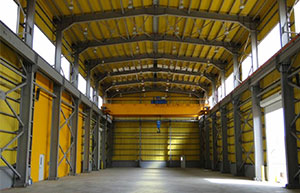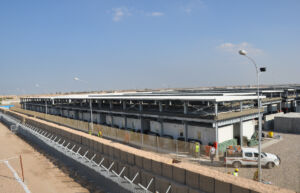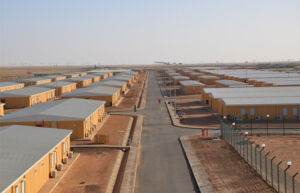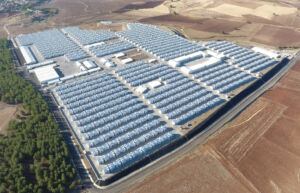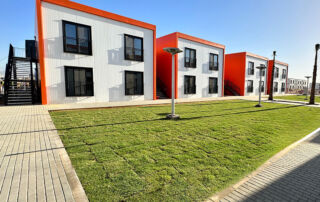Enhancing Hospitality with Modular Construction: Speed, Sustainability, and Scalability
As global travel demand rises and tourism infrastructure expands, the hospitality sector faces increasing pressure to deliver high-quality accommodations faster and more sustainably. Modular construction, a solution rapidly gaining traction, addresses these challenges head-on by enabling off-site prefabrication of hotel units, resorts, and temporary lodging structures with greater efficiency and precision.
What Is Modular Construction in Hospitality?
Modular construction involves manufacturing building components in a factory setting and then assembling them on-site. This approach is particularly advantageous in hospitality projects where time, cost, and quality control are critical. Companies like Dorçe Prefabricated Buildings & Construction have pioneered modular building technologies to deliver turnkey hotel complexes, worker accommodation camps, and VIP guest houses across the globe.
Key Benefits for the Hospitality Sector
1. Rapid Deployment and Time Savings
Modular construction significantly reduces project timelines—up to 50% faster than traditional methods. While site preparation and module production occur simultaneously, hotel operators can accelerate openings, allowing quicker return on investment.
2. Superior Quality Control
Factory-controlled environments ensure consistent quality, compliance with international standards, and reduced material waste. This guarantees a durable, high-performance hospitality facility—crucial for guest comfort and safety.
3. Scalability and Customization
From single-room cabins to multi-story hotels, modular systems are highly adaptable. Whether for eco-resorts in remote areas or large hotel chains in urban centers, designs can be tailored to meet architectural, functional, and branding requirements.
4. Sustainable and Green Building Approach
Modular construction aligns with environmentally conscious development goals. By minimizing site disturbance and using recyclable materials, companies like Dorçe contribute to lowering the carbon footprint of hospitality projects.
5. Remote and Off-Grid Capabilities
For tourism destinations in hard-to-reach areas—such as deserts, mountains, or islands—modular solutions offer logistical simplicity and self-sufficient design, including off-grid energy systems and water-saving features.
